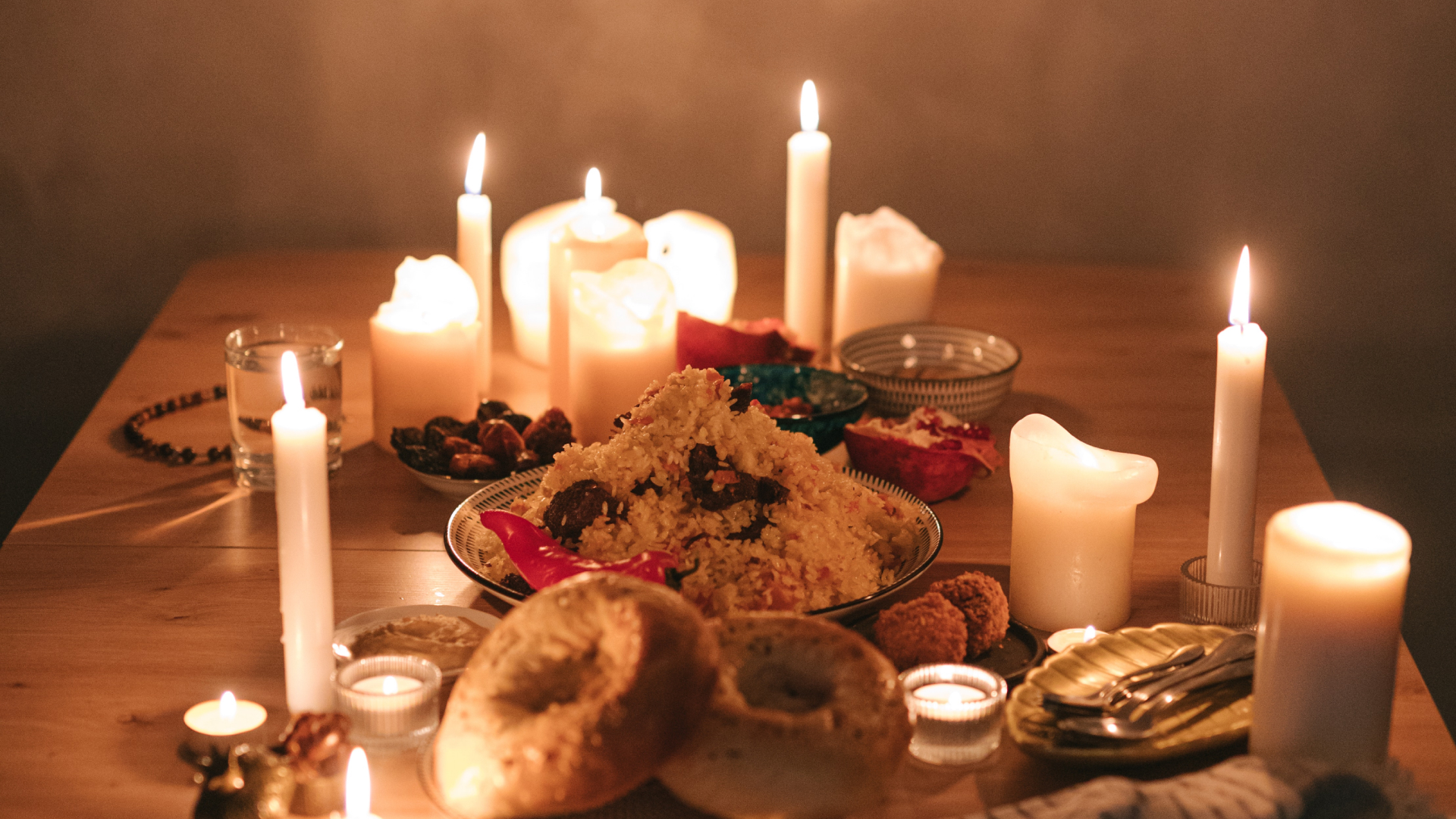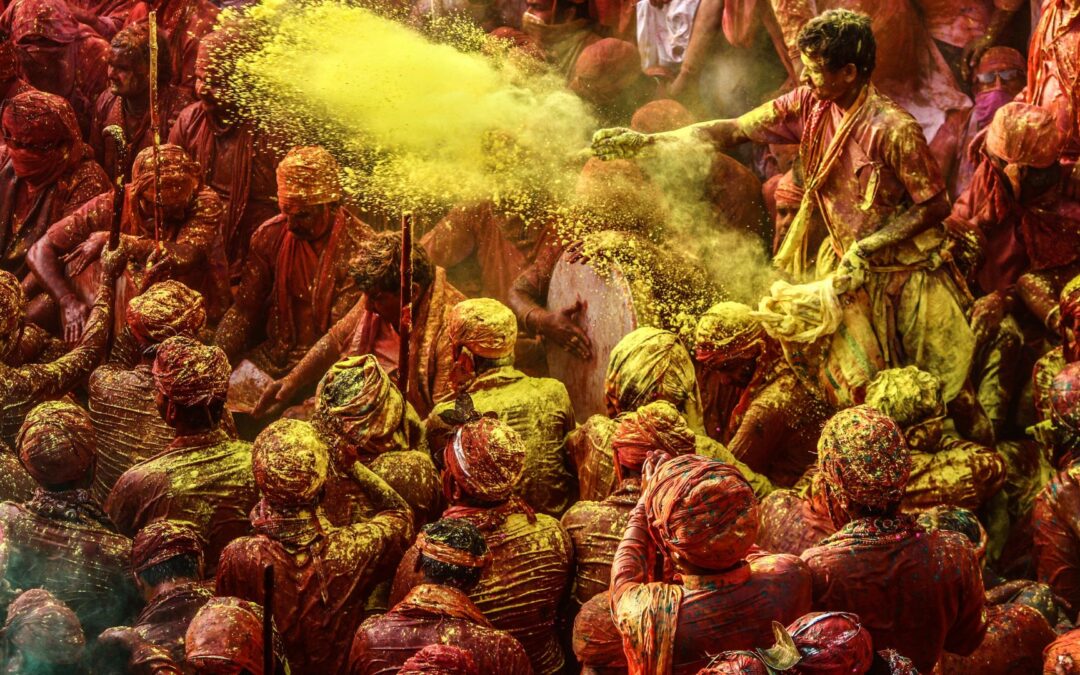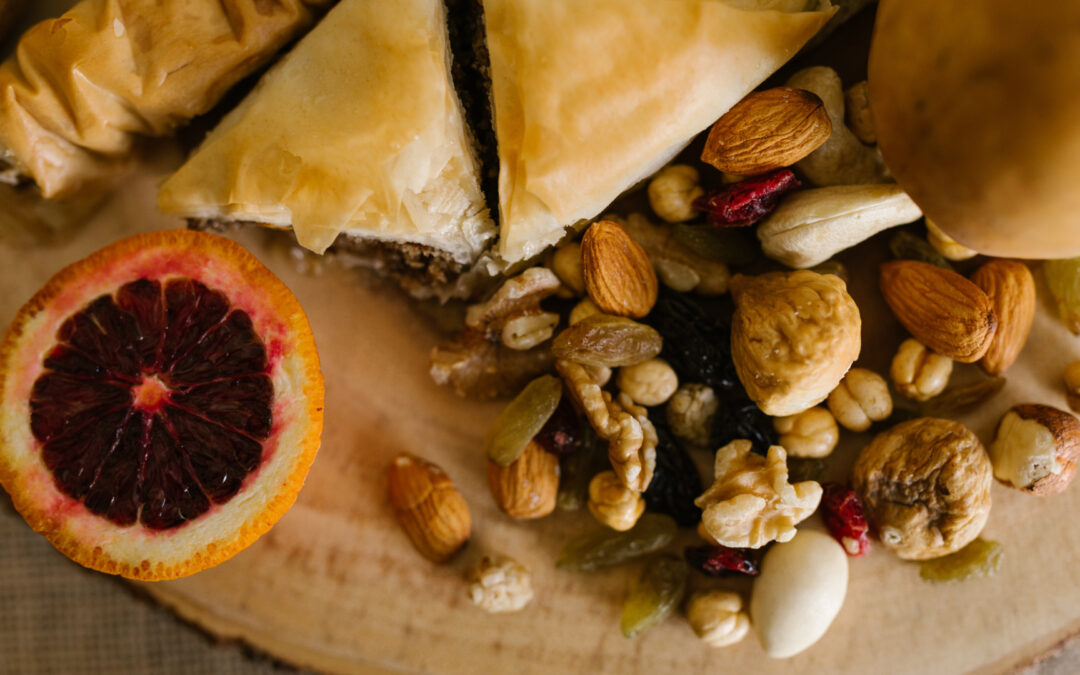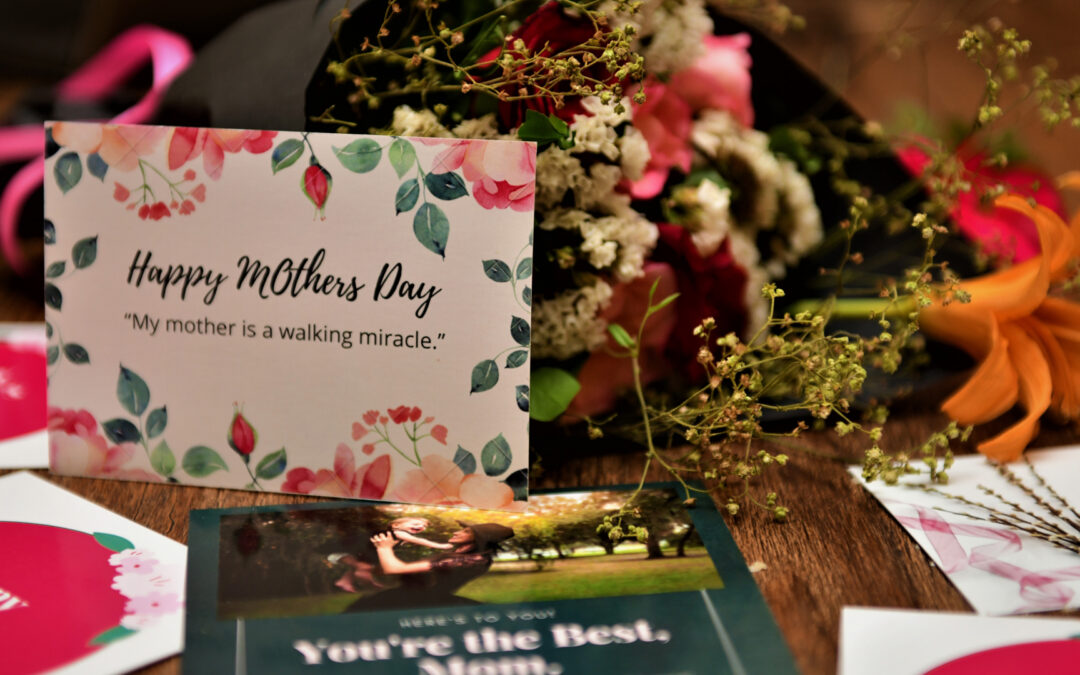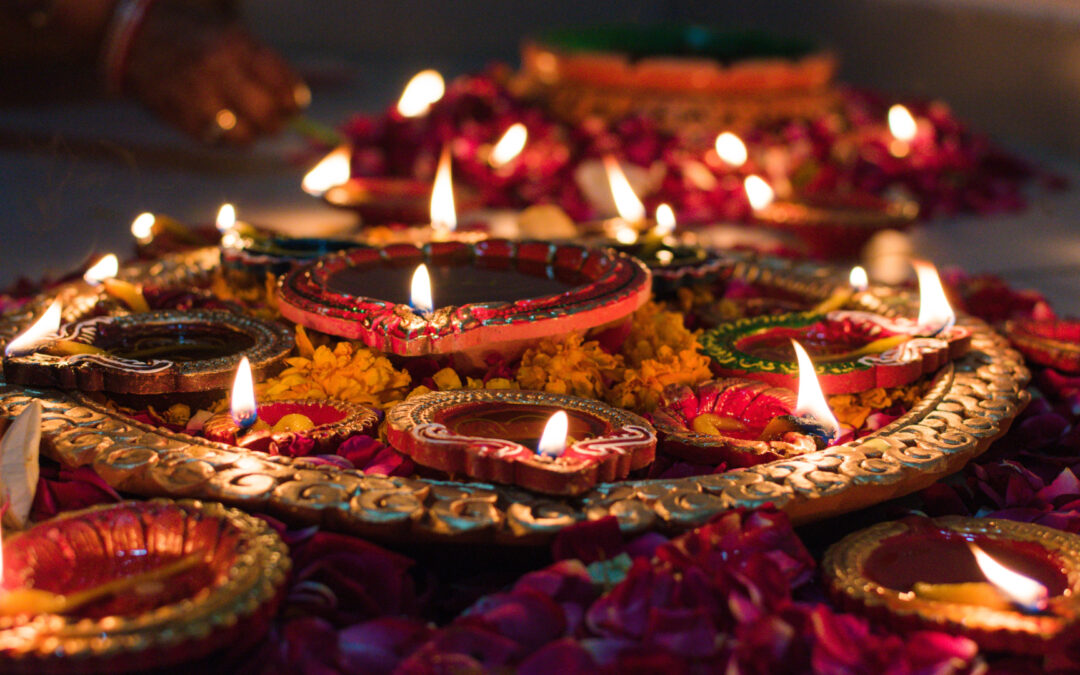The Festival of Prosperity and Tasty Cuisine, Shab-e-Barat is one of the most auspicious nights for Muslims as they spend the time through prayer and reciting the Holy Quran and the majority of the community fasts the next day. It is not only known as the night of forgiveness, fortune, and blessings; but also it is famous for the cuisine of festivals.
The Muslim community in Bangladesh celebrate this blissful event with healthy foods and has been a long-term cultural norm to spread happiness by sharing it among neighbours and people in need. Even though the cuisine is different in rural and urban areas and from the last generation to the current one, two types of food are always common: bread and sweetmeats commonly named ‘Halwa’.
In addition, common festival foods like biryani, Polaw, Jarda, Rrezala, and Korma are also present in the cuisine. Some families especially prefer to have rare delicacies like goose meat or duck roast.
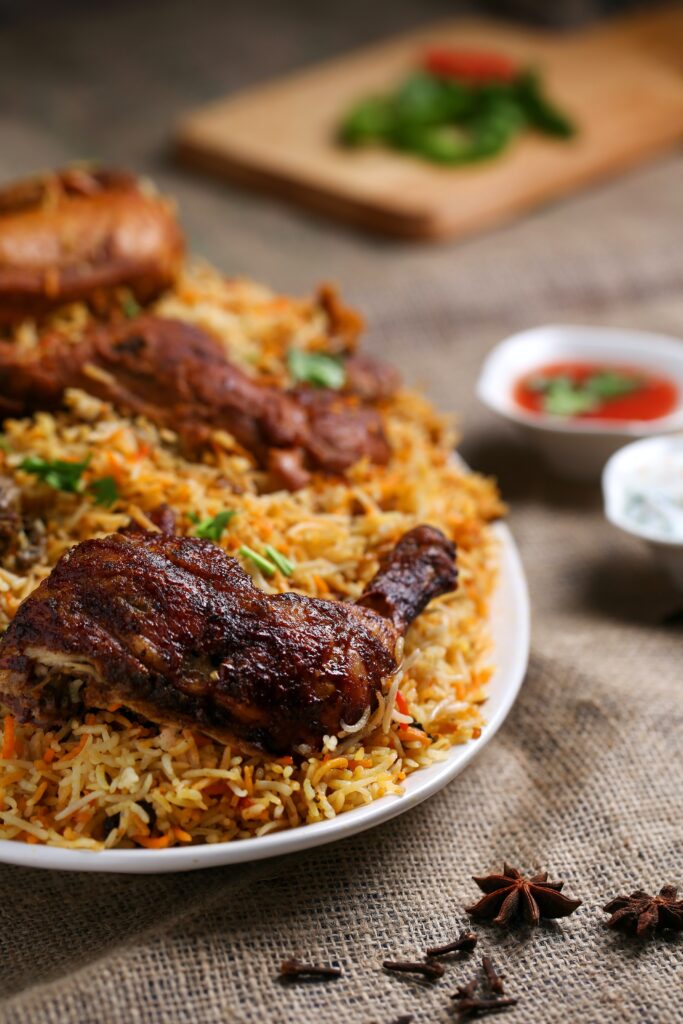
Among all others, it is bread and halwa that make this special cuisine unique from other festivals. Bread especially made for this occasion is different from usual loaves as many bakeries especially offer family-sized bread. These are larger sized, majorly round shaped and the simple designs on them make them unique. Bakeries prefer to put sesame seeds and dry fruits to make it even tastier.
On the other side, the flatbread made out of rice flour is the icon of Shab-E-Barat homemade bread. Even though it looks similar to the usual flatbread made out of all-purpose flour, it is much harder to prepare and even harder to store if it is made a few hours prior. Flatbread dough made out of rice flour requires tremendous strength as well as meticulous calculations of water-flour ratio and temperature. Even though flatbread is common for breakfast tables in Bangladesh, still this special bread sure calls for a challenge.
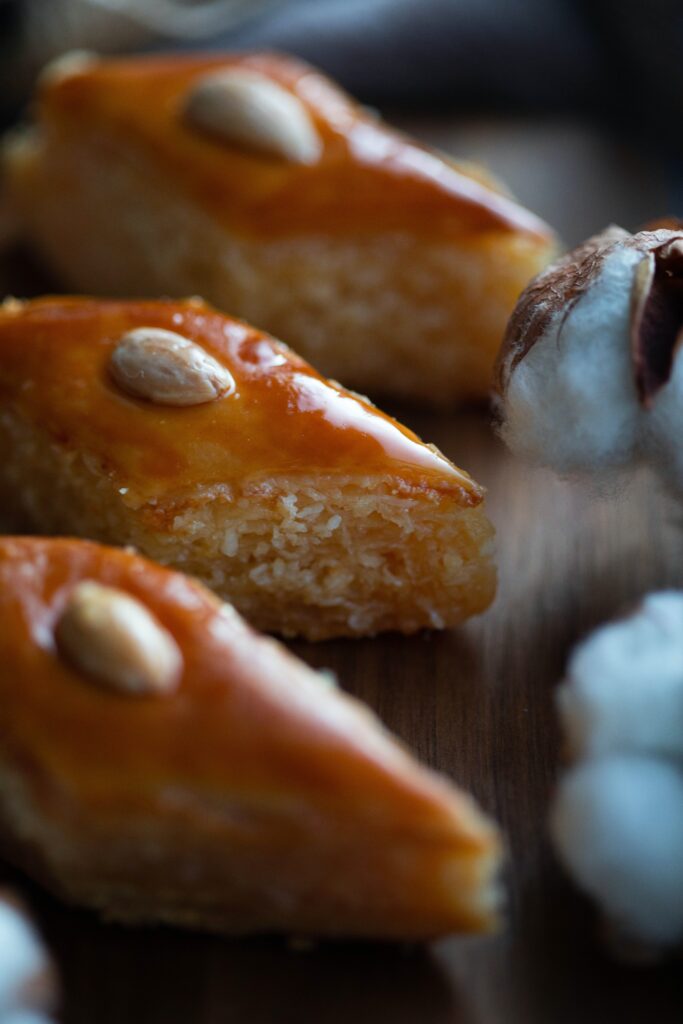
Also, this festive cuisine lets us taste lip-smacking halwas which goes best with any kind of bread. Special halwas are prepared for this day and among them, the most common are made of semolina and chana dal or chickpeas. The total procedure of preparing halwa may take hours of constant work. Semolina halwa is easier to make as it only contains basic ingredients like soaked ‘Suji’, whole milk, sugar, and vegetable oil. Similarly, the Carrot Halwa recipe varies depending on how the carrot is being used such as whether it is finely chopped or mashed. Carrot Halwa has an alluring sunshine-orange colour which is irresistible for anybody. Notably, Rosewater, Kewra water, mild flavouring spices like bay leaves, cinnamon, cardamom, and Ghee, dry fruits like raisin or watermelon candy, also known as “Morobba” and most importantly nuts such as peanut, pistachio, almond, cashew nut drastically changes the flavour as well as the taste of any halwa and thus they are considered as the part and parcel of halwa recipes.
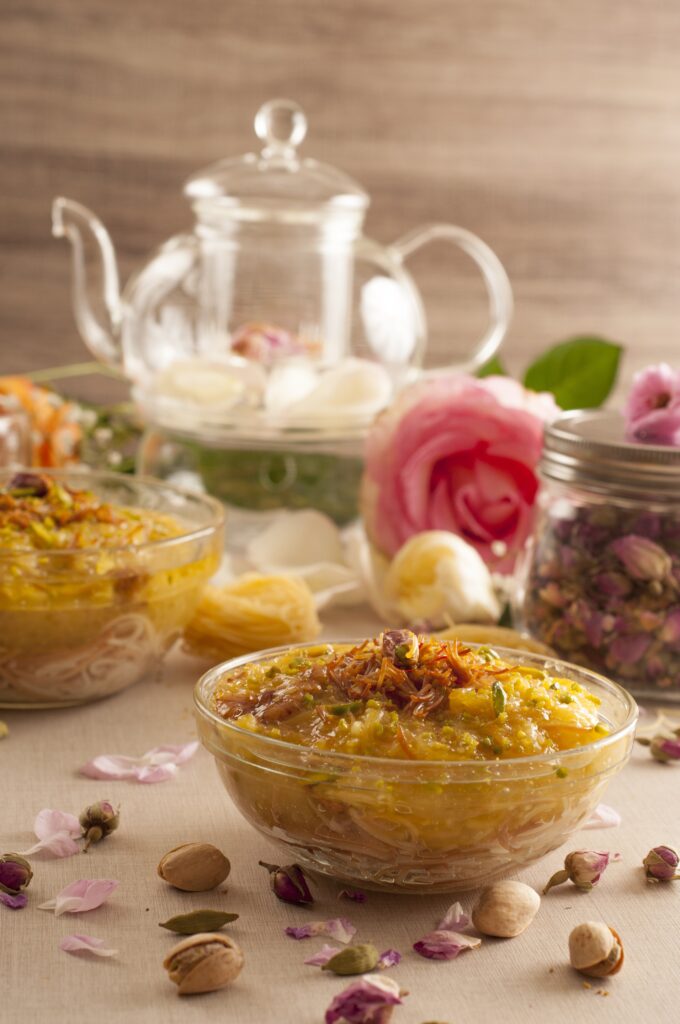
To conclude, the cuisine of Shab-e-Barat is not only iconic but also the cultural symbol of love for sweets as well as the mentality of sharing them. It is also a special day for sweet tooth children as they love to call it “Halwa Dibosh”. All in all the cuisines carries a significant influence not only for being a festival for the Muslim community but also in Bengali culture.

